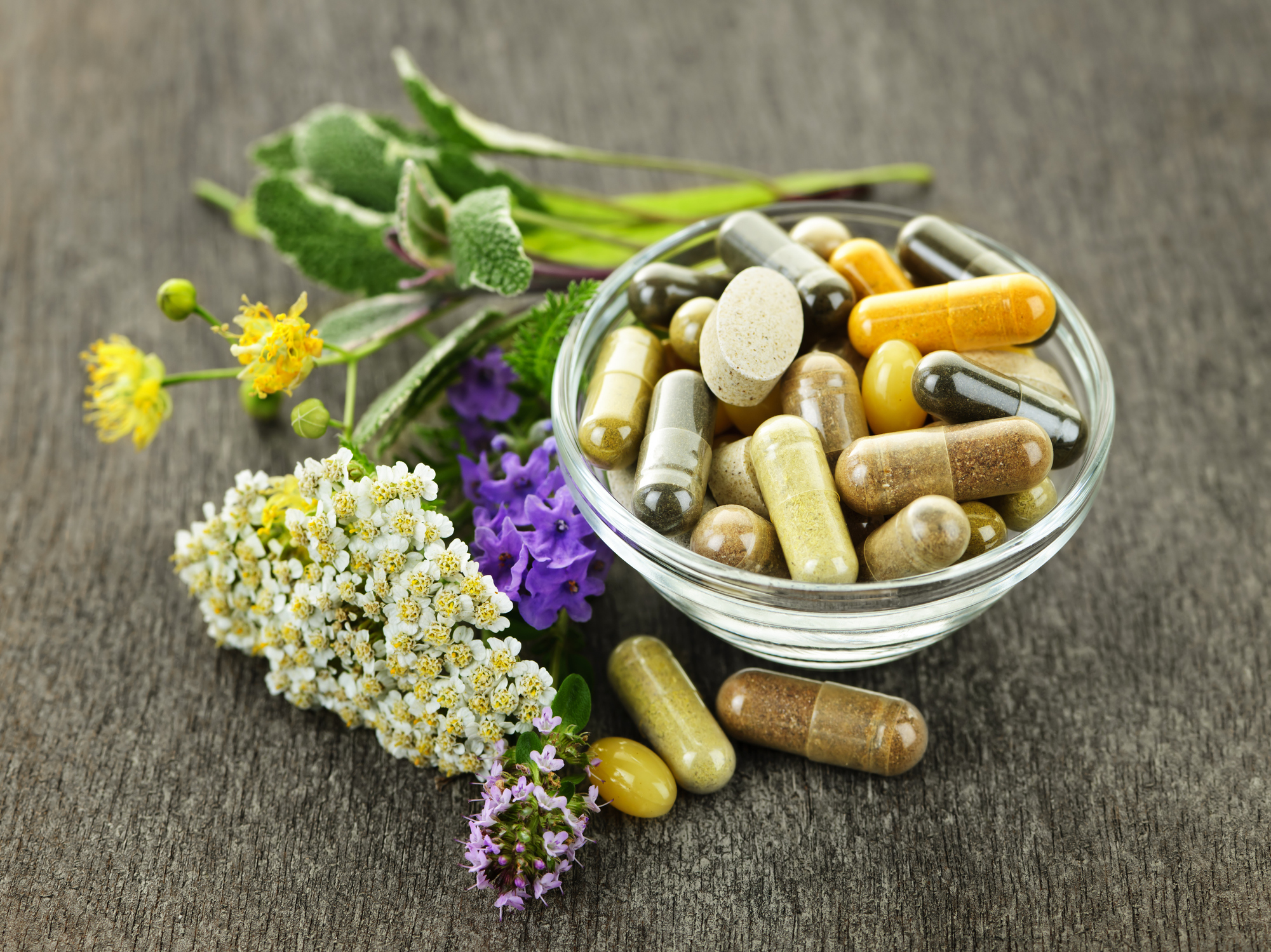



Article by: Hari Yellina
A business in Western Australia claims to have developed bioactives in the lab that could lower livestock methane emissions by up to 95%. Rumin8 intended to make livestock supplements with lab-made bioactives that were found naturally in red asparagopsis seaweed. David Messina, the business’s managing director, said the company was working on feed additions that would help decarbonize the global cattle industry while also increasing farmer productivity. “The capacity to stabilise the bioactives themselves is the main intellectual property that we have produced, and we have been able to distribute it in a variety of ways, from an oil to a solid,” he said.
“We’re now working on a slow-release formulation, so choosing the pharmaceutical approach has given us a lot of freedom,” says the researcher. Rumin8’s technology, if allowed to add inorganic bioactives to livestock feed, would eliminate the requirement for aquaculture-based seaweed manufacturing, according to Mr Messina. By 2025, the Australian seaweed business aimed to be worth $100 million, with large-scale asparagopsis farming seen as one of the most promising areas for rapid growth. By 2030, Australia’s red meat sector aimed to be carbon neutral. The CSIRO discovered in 2019 that feeding common Australian red seaweeds (Asparagopsis taxiformis and Asparagopsis armata) as a dietary addition in low dosages effectively decreased methane emissions in cattle and sheep.
According to the CSIRO, livestock in Australia is responsible for around 10% of the country’s overall emissions, with livestock accounting for 60% of all agricultural emissions. “We feel there needs to be a wide choice of products available to producers and farmers because the problem that [livestock] producers face is immense,” Mr Messina said. “Not only will there be [methane-reducing] products accessible that are showing extremely amazing outcomes, but there will also be a range of inorganic products available, and ours will be one among them,” says the researcher.